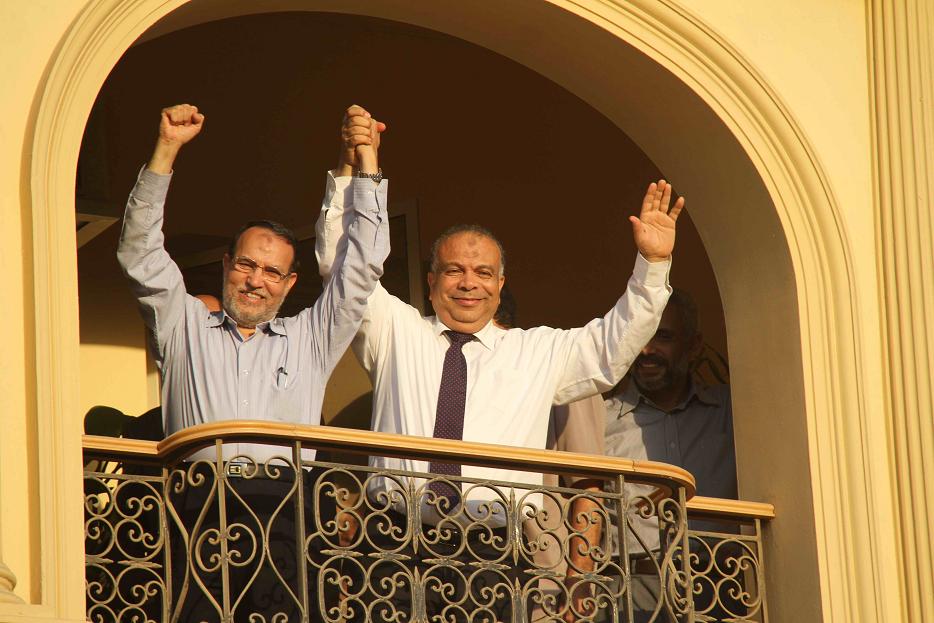Security forces in coordination with National Security have arrested several members of what the security forces have labelled the “crisis committee”, according to a statement from the Interior Ministry released on Saturday.
Along with five other members arrested, the statement announced that a key arrest in the case was that of one Saad Mahmoud Abdel Ghany, who was seen as one of the masterminds behind the committee’s actions.
The group, also called the “crisis cell,” were arrested on charges of the publication and distribution of false or inflammatory community issues and mechanisms to deal with it, according to the ministry’s statement.
The publications issued by the arrested group also included criticism for the economic decisions made by the government during the last period
The ministry explained the ‘’crisis cell’’ was a part of a larger group that published false information, spread rumours, and claimed that the state had failed its governmental role. The statement also expressed that multiple cells in this committee exist and that they operate out of different governorates.
The six members that were arrested are also allegedly affiliated to the outlawed Muslim Brotherhood group. All members have admitted to the charges levelled against them, ministry statement read.
The defendants were arrested from apartment in Gamasa city located in the Dakahlia Governorate. The apartment was used as a meeting place for members to discuss plans, the statement noted. When the members were arrested, security forces found EGP 257,000 within the apartment.
Saad Mahmoud Abdel Ghany who is seen as the leader of North Dakahlia cell of the crisis committee, was previously sentenced to eight years in prison for his involvement multiple cases under charges of inciting violence, riots, protesting, and belonging to an outlawed group.
The other four members of crisis committee were arrested in September in Qaliubeya governorate on charges of attempting to harm the country’s economic image, and creating a “pessimistic atmosphere” by fabricating and provoking crises in order to claim that the state had failed to implement development plans.
When addressing the complexity of the charges the members were arrested on, Mokhtar Mounir, a lawyer from the Association of Freedom of Thought and Expression (AFTE), commented to Daily News Egypt that the charges made against the ‘’crisis cell’’, were ‘’not included in the regulations law or any other law, as it is not a punishable crime”.
Since the ouster of former president Mohamed Morsi and banning of the Muslim Brotherhood in 2013, several incidents have been blamed on the group and its supporters by officials, for spreading claims that outlawed group still is attempting to hinder the state work.
In mid-October, general prosecutor Nabil Sadek ordered arrest warrants for a number of Muslim Brotherhood members allegedly accused of exasperating the sugar crisis in the country by forming cells that planed to collect sugar from the Egyptian market. Currently there is shortage of sugar in retail outlets after its price increased from EGP 6 to EGP 12.
Moreover, during the rainy season last year which saw flooding cases throughout Alexandria and Behaira, seventeen people, allegedly belonging to specialised committees of the Brotherhood, were arrested on charges of planting two explosive devices and attempting to block rain drainage in Alexandria.
President Abdel Fattah Al-Sisi had previously warned in his speech during the first anniversary of the New Suez Canal that some groups were attempting to discredit the value of national projects and demoralise the population, and said that these groups would face serious confrontation.



